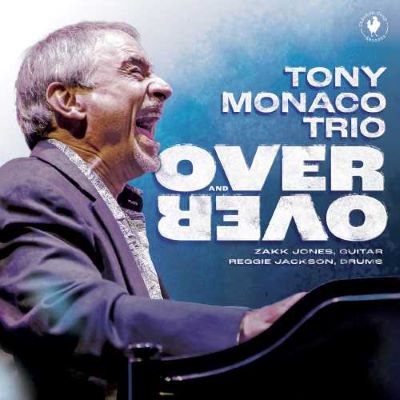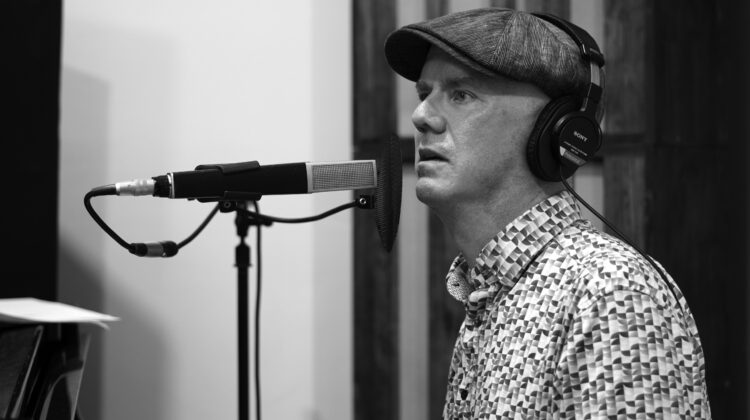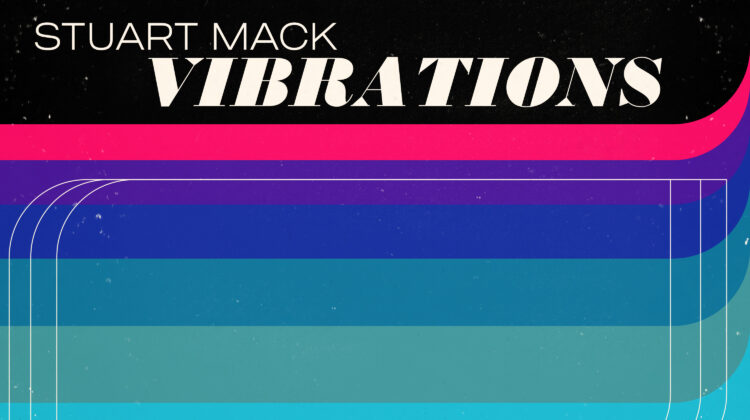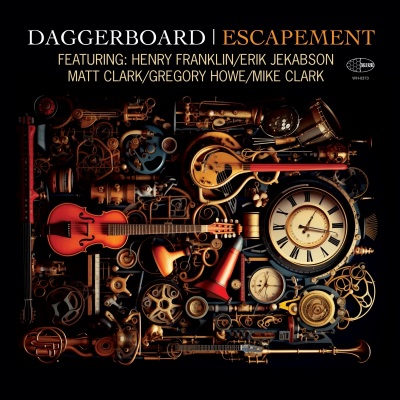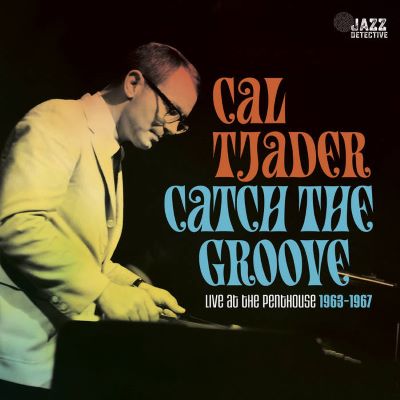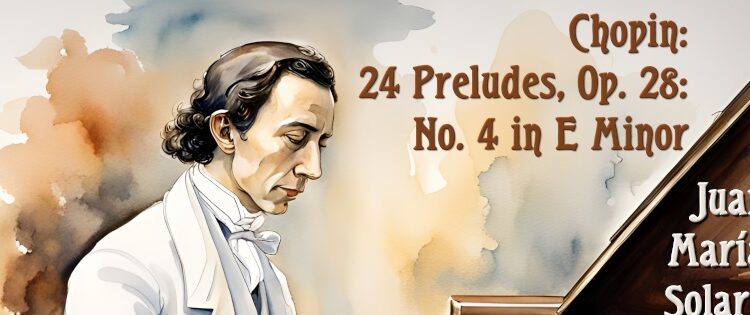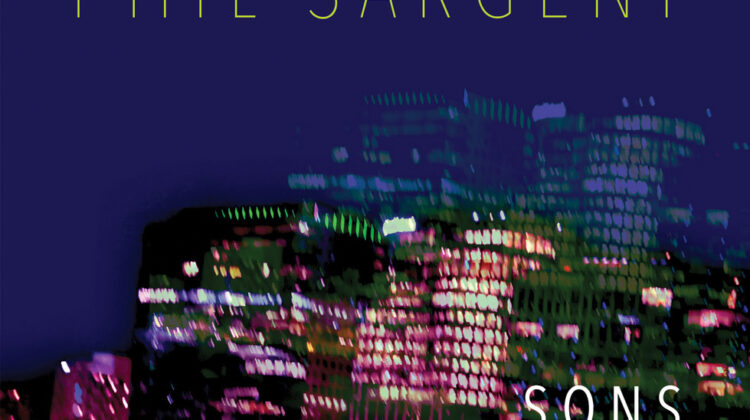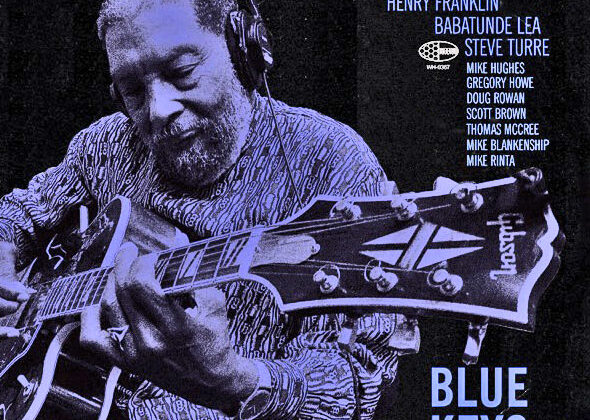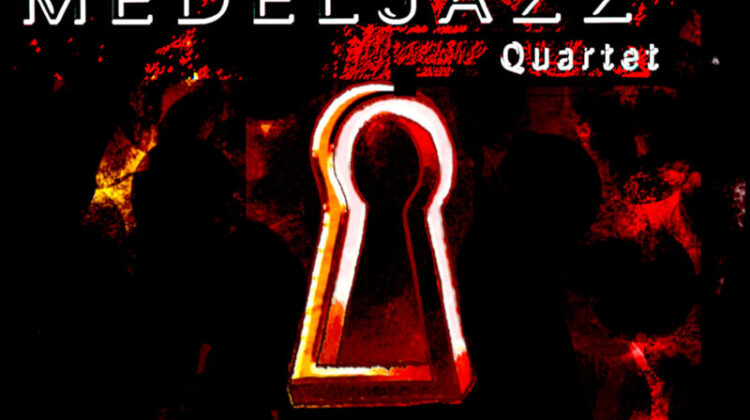It is indeed gratifying to hear generation after generation of musicians continuing the revitalization process that maintains an appropriate edge to jazz recordings and whose uniquely refined perspectives keep jazz relevant. For after all, jazz is a never-ending process of regeneration, constantly absorbing new ideas as it democratizes music in ways that other genres may not. Ever malleable, jazz is a dynamic form that allows new shapes and colors and rhythms to be absorbed from styles as disparate as big band and rap, or to be blended from cultures previously unaware of commonalities such as the Argentine tango and the South Indian ragam. Gilad Hekselman is one of those talents who understands the contributions of the ground-breaking musicians who developed jazz to this point in time. Since he moved from Israel to the United States in 2004, Hekselman has been breaking his own ground through his assimilation of a variety of styles and then releasing his synthesis through his own work on guitar.
Hekselman named his most recent album, Ask for Chaos, as a recognition that the creative process blends apparently disparate elements into a single entity inspiring fresh perspectives. Even though music depends upon order, such as the notation of shared harmonies, to capture audiences’ imaginations, it also communicates wordlessly positive ideas that listeners themselves may be attempting to reconcile as they face personal challenges. Even though chaos may be present, the goal moves toward resolution, as Hekselman notes: “From chaos can come new things, in music and in life.”
His sixth album in twelve years, Ask for Chaos indicates the deliberative process upon which Hekselman embarks when he makes a recording, not to mention his careful attention to detail. For those reasons, Hekselman albums receive increasingly eager anticipation. Considering an abundance of ideas for his recordings, the guitarist has decided upon the freedom that his own label, Hexophonic Music, in conjunction with Motema Music, permits so that he can produce deeply personal music as much as possible. Fortunately, the ten compositions of Ask for Chaos and the broad diversity of their character don’t appear to approach the limits of his creativity. And this is a signal that Hekselman will be recording much more music in the future, a signal for which listeners can be grateful.
For the first time, Hekselman has combined onto one album two of his trios, each of which accomplishes a separate aspect of his sonic perspectives. And for the first time, Hekselman has included a keyboardist on one of his recordings. That trio includes Hekselman, Aaron Parks on keyboards and drummer/percussionist Kush Abadey. Named after the use of the Boss OC3 Super Octave pedal, the ZuperOctave trio alternates between Hekselman and Parks as they provide the bass lines. One accompanies the other on the album’s more unconventional or experimental tracks. The gHex Trio, challenging nonetheless in its own right due to Hekselman’s metrical tinkering, includes Rick Rosato on bass and Jonathan Pinson on drums. Not only the contrasts between the trios’ instrumentations, but also the imaginative variations, suggest why Hekselman has been recognized as Number One in Down Beat’s Rising Star Category for guitar.
The distinctly articulated ringing tonal qualities that the gHex Trio performs with confident elegance on “It Will Get Better” represent but one style on Ask for Chaos. A musical message of hope, the tune, performed with straightforward sincerity, expresses Hekselman’s feelings upon the birth of his first child, as he wishes, as do most parents, for a better world for his son. Do Re Mi Fa Sol” expands upon “Do-Re-Mi” by two title notes and by a trickier metrical structure of inserting a 2/4 pause between measures of 4/4. And it diverges from “It Will Get Better’s” style with the gHex Trio’s folksy ease. “Do Re Mi Fa Sol” is so folksy, in fact, that it leads to Hekselman’s whistling of the melody as if on a stroll, while Duncan Wickel’s string arrangement adds harmonic lushness to this song without words. The same trio plays “Little Song for You” more arrhythmically. Hekselman improvises as each beat of “Little Song for You” receives its own chord change, similar to Coltrane’s “Giant Steps” approach to changes. At each pause, Rosato and Pinson come in with increasingly free movement as the track progresses. The gHex Trio’s fourth contribution to Ask for Chaos, “Milton,” is a tribute to Milton Nascimento, and it scampers in upbeat fashion as Hekselman changes to brighter textures and a joyous celebration. Once again, Rosato and Pinson are freed to embellish Hekselman’s flowing work with complementary, loose rhythms.
Wayne Shorter—who recorded with Nascimento the Brazilian singer’s album best known to Americans, Native Dancer—remains an influence on Ask for Chaos, for Hekselman’s “Stumble” is based upon Shorter’s “Fall,” first recorded on Miles Davis’s Nefertiti. The ZuperOctave Trio, with leisurely appreciation, performs a haunting tune with the unresolved suspension of long tones, as Parks plays Rhodes keyboard for the desired shimmering effects. Contrasting “Stumble’s” quiet soundscape with again the joy of performing, “Clap Clap” presents a separate engaging idea of constructing a composition around two electronically produced claps, instead of what is normally expected: that is, spontaneous clapping resulting from a composition’s rhythm. In this case, the call-and-response device of the claps makes them the anchoring rhythm while Hekselman gambols joyously around them, apparently in Phrygian mode with a continuing emphasis upon the minor second before resolution. The ZuperOctave Trio can be homespun too, as “Home for You,” a softly affecting track, proves. This time, both Hekselman and Parks provide the bell-like ringing of the melody’s presentation, and it’s apparent from this trio’s diverse accomplishments that they instinctively understand each other’s impulses. No better illustration of their mutual support occurs than “Tokyo Cookie,” a challenging Hekselman piece in 5/4 that combines Abadev’s tapping rhythms with Hekselman’s improvisational excursions of slight distortion and Parks’s complex accompaniment of broad chords, quick note patterns and bass-clef pulsations.
Ask for Chaos delivers, as Hekselman suggests, musically inventive tracks by original thinkers who, in their own ways, are advancing the language of jazz as extensions of their own personalities. As have jazz musicians before them. And as jazz musicians will continue to do in the future.
Artist: www.giladhekselman.com
Label: www.motema.com

